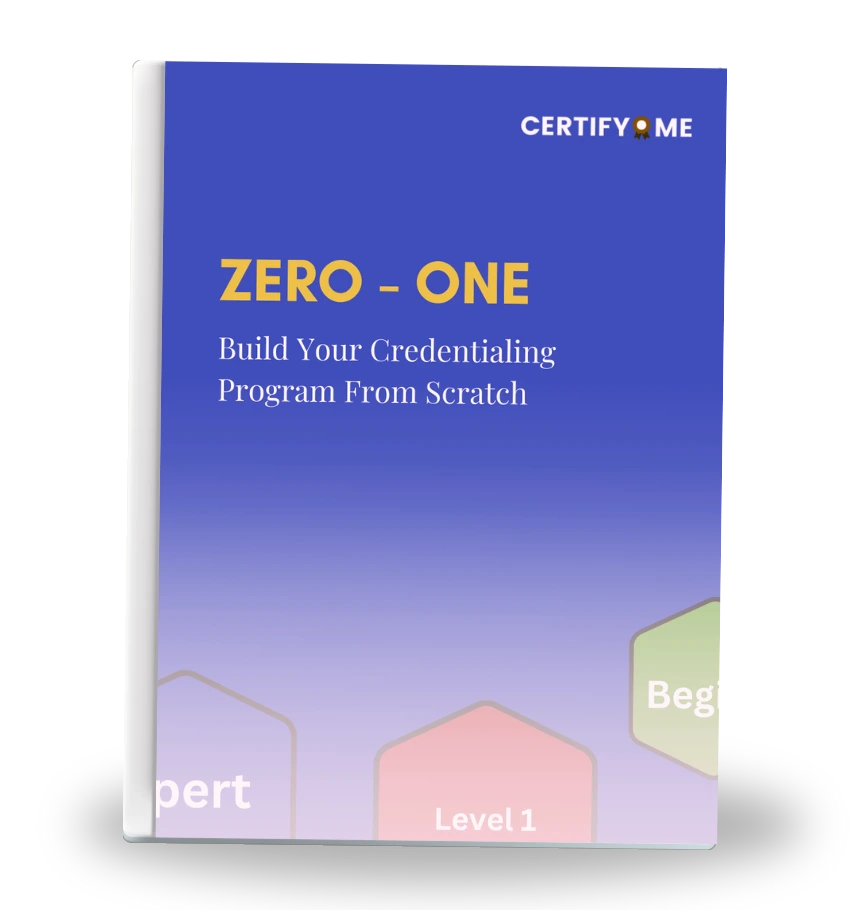Difference Between Certificate and Diploma
When it comes to furthering your education or enhancing your skills, you often encounter a multitude of options. Certificate and diploma programs are two popular choices for individuals looking to gain specialized knowledge or improve their career prospects. However, it’s essential to understand the differences between these two credentials before diving into a program. In this blog, we’ll explore the distinctions between certificates and diplomas, helping you make an informed decision about which path aligns best with your goals and aspirations.
What Is a Certificate?
Certificates are concise, focused programs that provide specialized knowledge and skills in a particular area of study. They are typically shorter in duration compared to diploma programs, making them an attractive option for individuals looking to quickly acquire expertise in a specific field. Certificate programs are offered by a wide range of educational institutions, including colleges, universities, and vocational schools.
/2.png)
What Is a Diploma?
Diplomas are more comprehensive than certificates and offer a broader educational experience. They are typically awarded by colleges, universities, and vocational schools and are available in a wide range of disciplines, from healthcare and business to engineering and the arts.
/1.png)
| Certificate | Diploma | |
|---|---|---|
| Duration | Short (typically weeks to months) | Longer (usually 1-2 years) |
| Focus and Specialization | Highly focused on a specific area | Offers a broader education within a specific field |
| Entry Requirements | Minimal (usually a high school diploma or equivalent) | May have stricter entry requirements |
| Career Benefits | Valuable for enhancing specialized skills | Indicates a higher level of education and training |
| Cost | Generally more cost-effective | Generally more expensive |
Both certificates and diplomas have their unique advantages and serve different purposes in the world of education and employment. Your choice between the two should align with your career goals, budget, and the time you can dedicate to your studies. Ultimately, the decision comes down to what best suits your individual needs and aspirations. Whether you opt for a certificate or a diploma, both can be valuable assets in your educational journey and career development.

 Author :
Author : /Featured Image.png)







